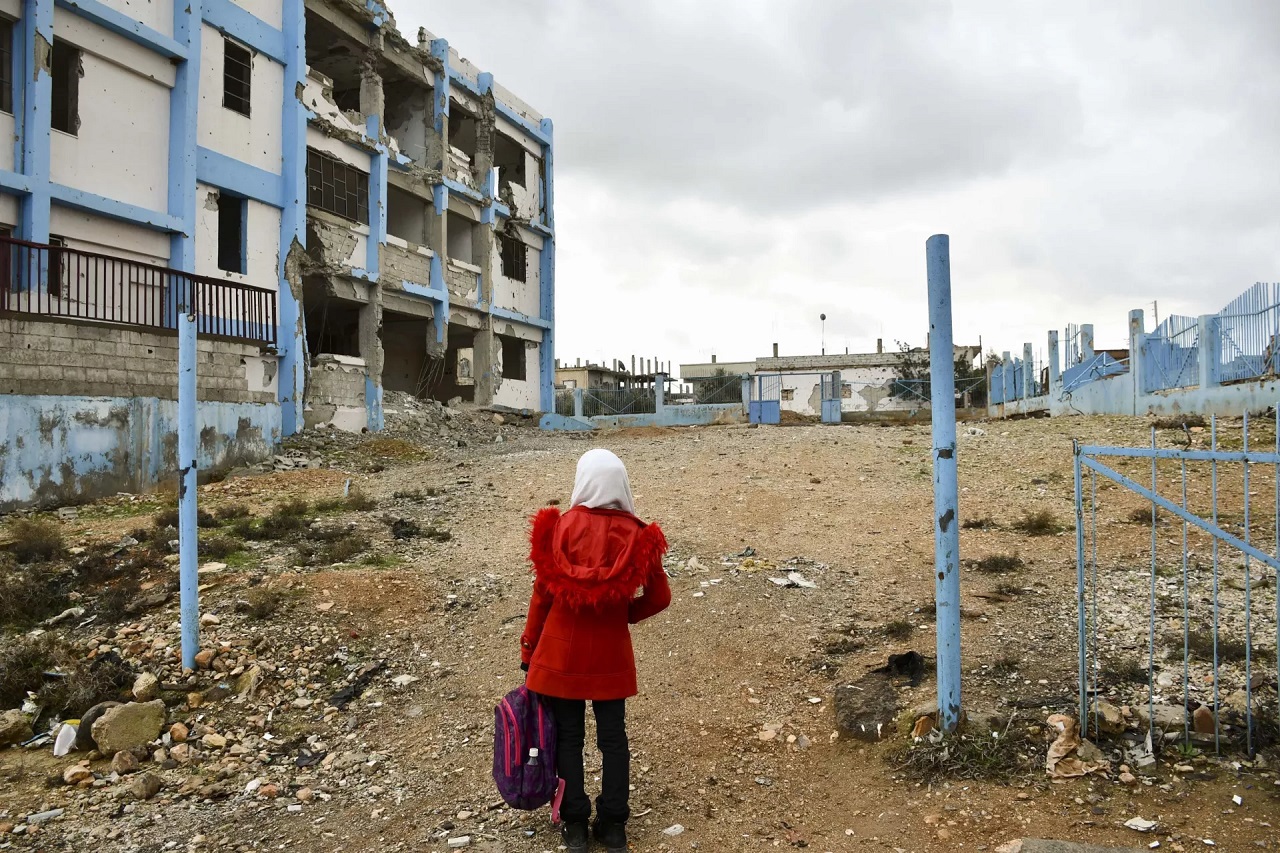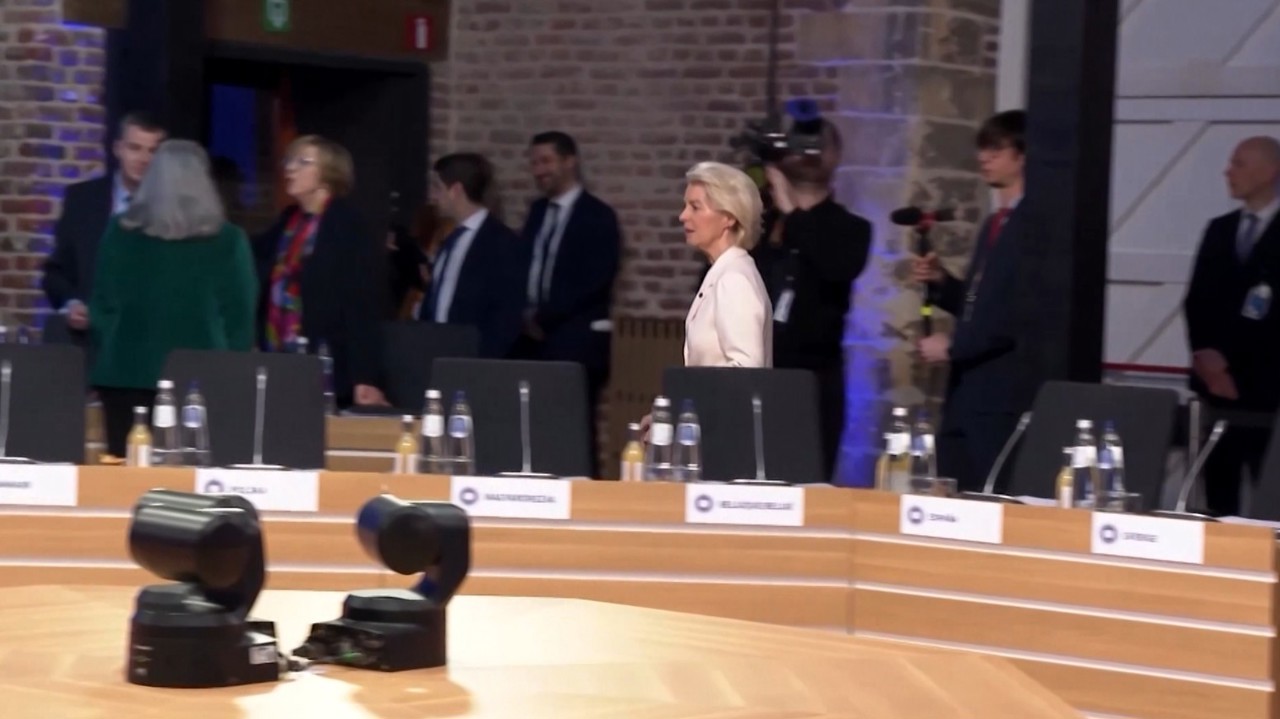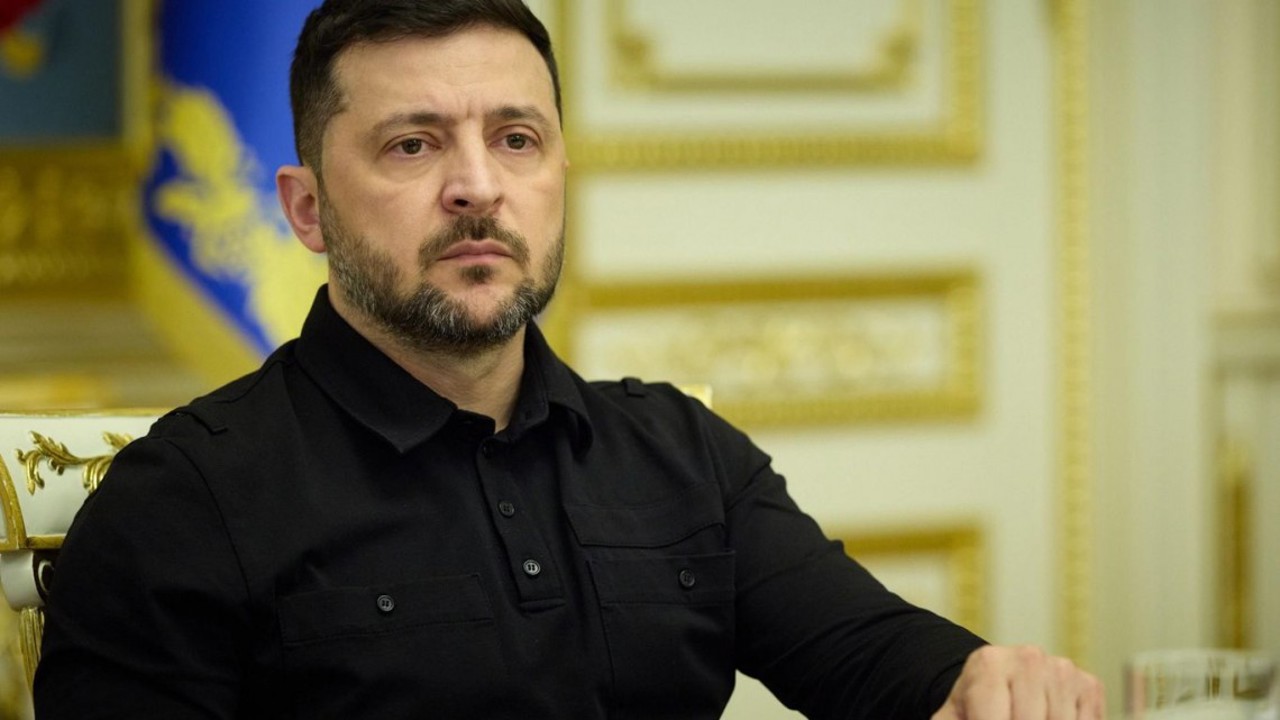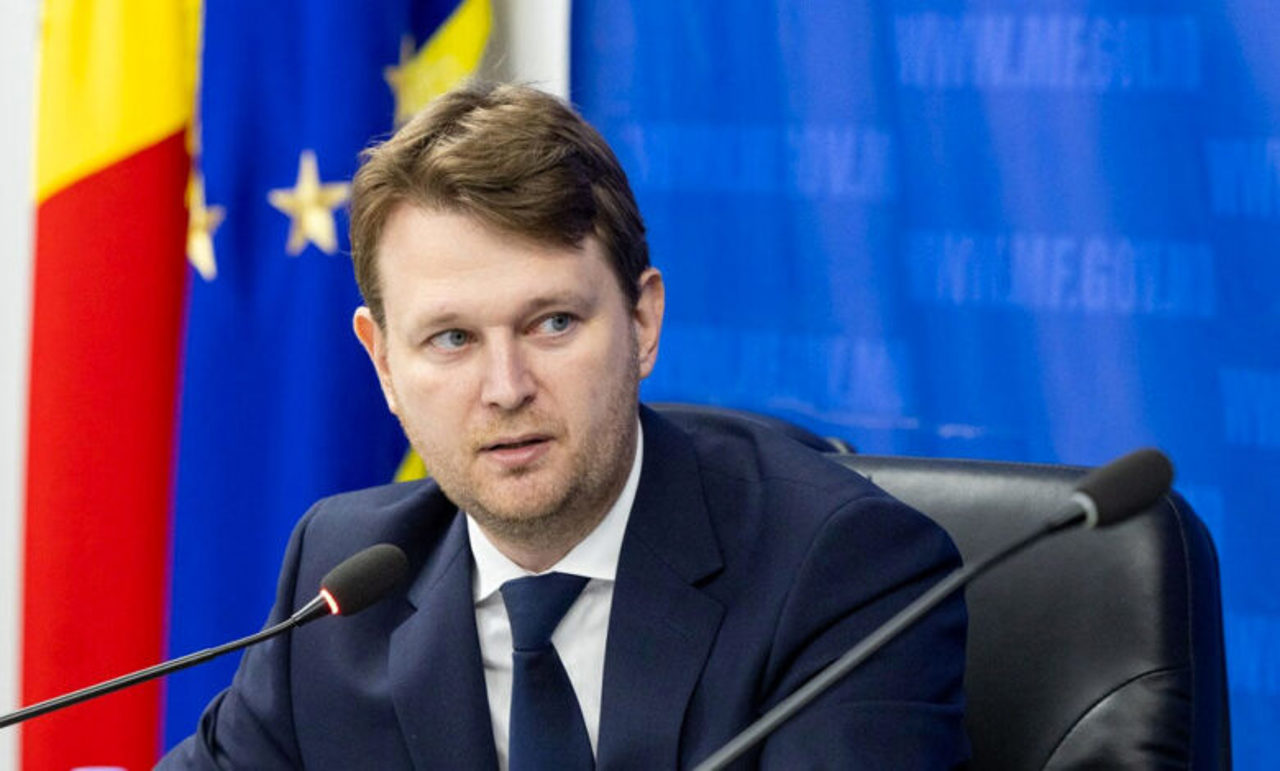UNICEF urges action as 473 million kids suffer in conflict areas
Currently, more than 473 million children worldwide live in areas affected by conflict, and in 2024, the impact of armed conflict on children has reached catastrophic levels, likely setting a new record, as stated in a UNICEF report.

UNICEF reported that the proportion of children living in conflict zones globally has doubled, from approximately 10% in the 1990s to nearly 19%, and warned that this dramatic rise in children's suffering should not become the "new normal."
UNICEF also highlighted that malnutrition particularly impacts children during wartime, posing an especially lethal threat in Sudan and Gaza.
Over half a million people in five conflict-affected countries are facing famine. Conflicts also severely disrupt children's access to healthcare and education.
Forty percent of unvaccinated or under-vaccinated children live in conflict zones, making them significantly more vulnerable to outbreaks of diseases like measles and polio.
According to UNICEF Executive Director Catherine Russell, 2024 has been one of the most difficult years in UNICEF’s history for children affected by conflict—both in terms of the number of affected children and the severity of the impact on their lives.
“Children in war zones face daily struggles for survival that strip them of their childhood. Their schools are bombed, their homes destroyed, and their families torn apart. They not only lose their safety and access to basic needs for survival but also the opportunity to play, learn, and simply be children. The world is failing these children. As we approach 2025, we must do more to change their situation and save and improve their lives,” said Russell, according to UNICEF.
UNICEF is calling on all parties involved in the conflict, as well as those with influence over them, to take decisive action to end the suffering of children, ensure the protection of their rights, and adhere to their obligations under international humanitarian law.
Translation by Iurie Tataru




